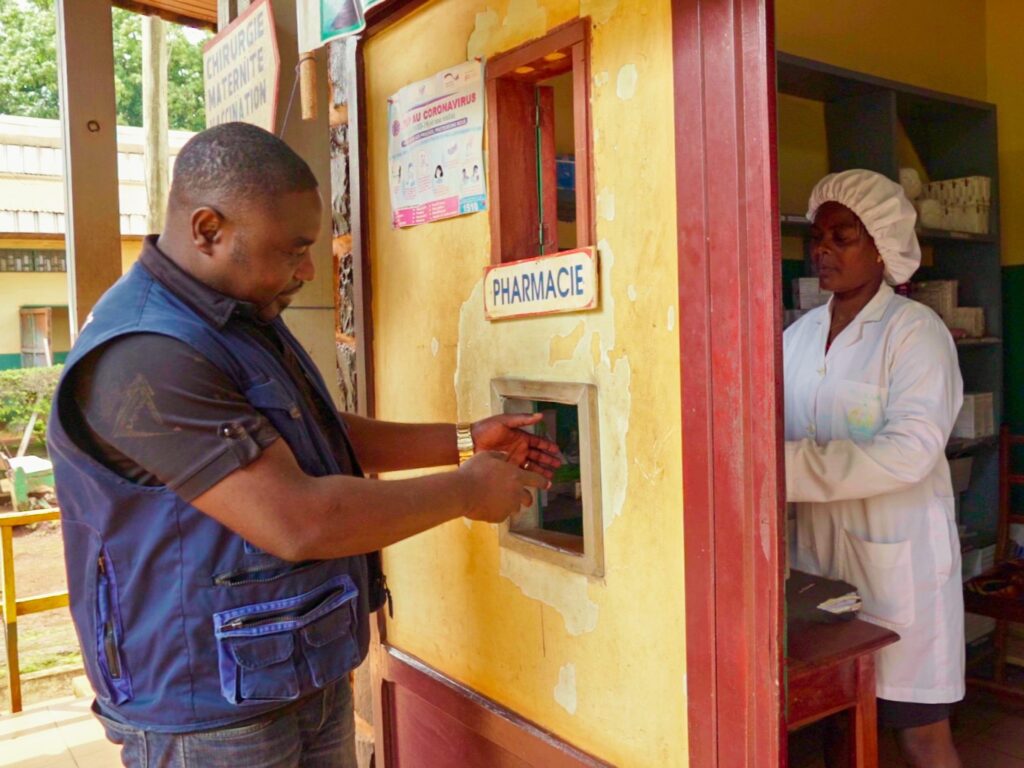Integrated Community Case Management Costing & Financing Tool
Integrated Community Case Management Costing & Financing Tool
Purpose
The results and analysis will provide evidence-based data for implementing, scaling-up, and maintaining iCCM activities that will be invaluable for successful funding advocacy, for conducting feasibility/sustainability studies, for assessment of cost-effectiveness, and for planning financing strategies and mechanisms.
Description
Diarrhea, malaria and pneumonia are leading causes of child mortality and cause nearly 44% of deaths in children under five years old. Integrated community case management (iCCM), the delivery of timely and low-cost interventions at the community level by community health workers (CHWs), is promoted by the World Health Organization (WHO), the United Nations Children’s Fund (UNICEF), the United States Agency for International Development (USAID), and the Global Health Initiative (GHI) as an effective strategy to deliver life-saving interventions for these illnesses.
Several developing countries have adopted and promoted policies and programs in which CHWs promote timely care by treating uncomplicated cases of diarrhea, pneumonia, and malaria and referring severe cases to health facilities to improve access to care and subsequently reduce child mortality. However, although iCCM has shown great promise in increasing health coverage, especially for children living in remote locations, some low income countries have not implemented iCCM programs, partly due to their concern or uncertainty about the costs and financing of iCCM programs.
Intended Users
Planners and service and finance managers
Advantages
The tool is easy to use and easily adapted to individual community health programs and intervention packages.
Ten Key Results the Tool Produces
- iCCM Cases per Capita
- Cost per Service
- Cost per Capita
- Number of CHWs needed per scale up scenario
- Average Number of iCCM Cases per CHW per week
- Cost per CHW – Training and Equipment
- Total and Annual Program Costs
- Funding Commitments
- Financing Gaps by Resource Type
- Program costs by National Budget Line Item
Recommendations for Users
A comprehensive understanding of costs and financing will allow countries that are considering implementing or expanding iCCM programs to advocate to donors and ministries of finance for necessary funding and to allocate sufficient funds to appropriate levels of the health system. It will also improve the monitoring and control of program costs, thus ensuring efficient use of scarce resources.
Reports and Publications
- Jarrah, Z., Lee, A., Wright, K., Schulkers K, and D. Collins 2013. Costing of Integrated Community Case Management: Malawi. Submitted to USAID by the TRAction Project: Management Sciences for Health.
- Jarrah, Z., K. Wright, C Suraratdecha, and D. Collins 2013. Costing of Integrated Community Case Management in Senegal. Submitted to USAID by the TRAction Project: Management Sciences for Health.
More Information
Contact us at fintools@msh.org

